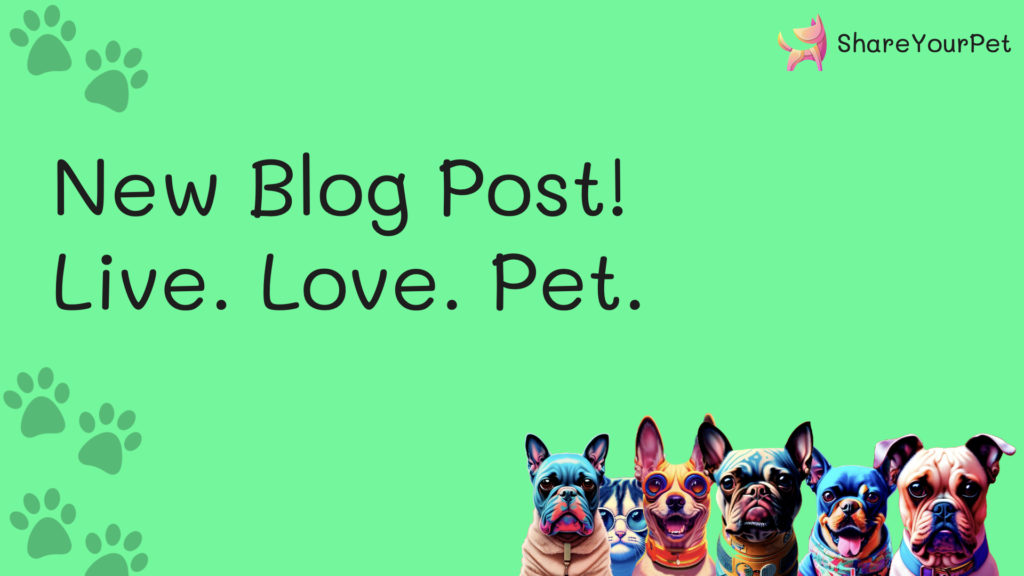Gastrointestinal Problems in Puppies: Causes, Prevention, and Treatment - Comprehensive Puppy Health Guide
- Posted 2 years ago
- Puppy Health
Navigating Gastrointestinal Troubles in Puppies
Welcoming a puppy into your home is a journey filled with joy, playful antics, and numerous cuddles. However, this journey can sometimes be bumpy, especially when your new companion faces health challenges, one of the most common being gastrointestinal (GI) issues. Young puppies are particularly susceptible to a range of stomach and intestinal disturbances, with symptoms often manifesting as diarrhea, vomiting, or both. This article delves into the common causes, prevention, and when to seek veterinary care for GI problems in your furry friend.
- Understanding Gastrointestinal Issues in Puppies:
- Diarrhea and Vomiting: These are the primary symptoms indicating a GI disturbance. Puppies have sensitive digestive systems, and several factors can trigger these symptoms, including infections (viral, bacterial, or fungal), parasites (like giardia or worms), dietary indiscretions (sudden change in diet, food intolerance, or allergies), or more severe underlying health conditions.
- Eating Inappropriate Items: Puppies are inherently curious and often use their mouths to explore their environment. This behavior can lead them to ingest non-food items such as toys, shoes, or garbage, which can cause obstructions in their digestive tract or even poisoning, depending on the substance.
- Common Causes Explored:
- Infections: Viral infections such as parvovirus or coronavirus, and bacterial infections like salmonella, can severely affect a puppy’s GI system, leading to acute onset of diarrhea and vomiting.
- Parasites: Intestinal worms such as roundworms, hookworms, and whipworms, or protozoans like coccidia and giardia, are common in puppies and can cause GI distress.
- Dietary Indiscretions: Consuming rich or spoiled foods, or a sudden change in diet can disrupt a puppy’s digestive system. Similarly, food intolerances or allergies can manifest as GI symptoms.
- Ingestion of Foreign Objects: Consuming non-digestible items can lead to mechanical obstructions, irritation in the GI tract, or toxicity, all presenting as vomiting and diarrhea.
- Prevention and Immediate Care:
- Diet Management: Stick to veterinarian-recommended puppy food and avoid sudden dietary changes. Do not give your puppy human food, especially foods toxic to dogs like chocolate, onions, or grapes.
- Safe Environment: Puppy-proof your home by removing access to small objects that could be swallowed, securing trash cans, and using baby gates to restrict access to certain areas.
- Regular Deworming and Vaccinations: Follow your vet’s recommended schedule for vaccinations and deworming to prevent infections and parasitic infestations.
- Supervision: Always supervise your puppy during playtime, especially outdoors or in new environments.
- When to Seek Veterinary Care:
- Persistent Symptoms: If diarrhea or vomiting persists beyond 24 hours, or if your puppy is very young (6 weeks to 6 months), seek veterinary care immediately.
- Severe Symptoms: Signs of blood in the stool or vomit, extreme lethargy, dehydration, abdominal pain, or fever are red flags for immediate veterinary intervention.
- Suspected Ingestion of Harmful Items: If you suspect your puppy has ingested something toxic or a foreign object, do not wait for symptoms to develop. Contact your veterinarian or an emergency animal hospital right away.
Gastrointestinal issues in puppies can be distressing for both the pet and the owner. While some mild cases might resolve with minimal intervention, understanding the potential severity of these symptoms is crucial. Preventive measures like proper diet, regular medical checkups, and creating a safe environment are key to keeping your puppy healthy. However, always err on the side of caution and consult with your veterinarian if you have any concerns about your puppy’s health, as early intervention can be lifesaving. Remember, a healthy puppy is a happy puppy, and ensuring their gastrointestinal well-being is a step towards a long, joyful life together.
Visit our brand new meeting place at Share Your Pet: https://shareyourpet.org
Pet Sharing. Etsy for Pets. Get paid to care for pets.
Start your pet business on Share Your Pet.
Follow us on Twitter: https://twitter.com/shareyourpet01

